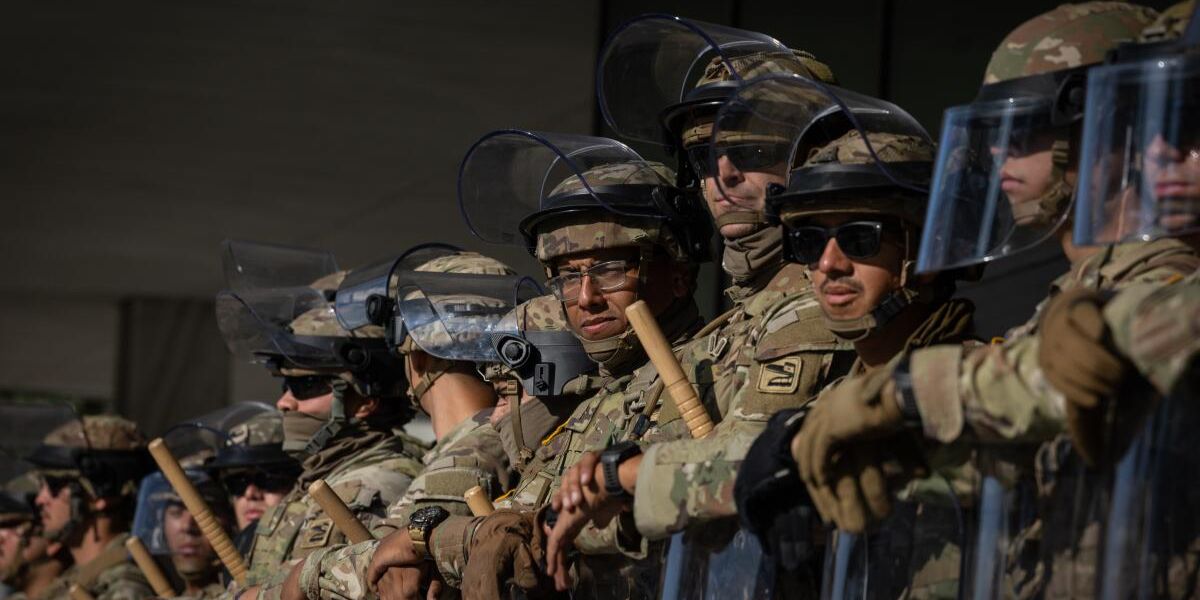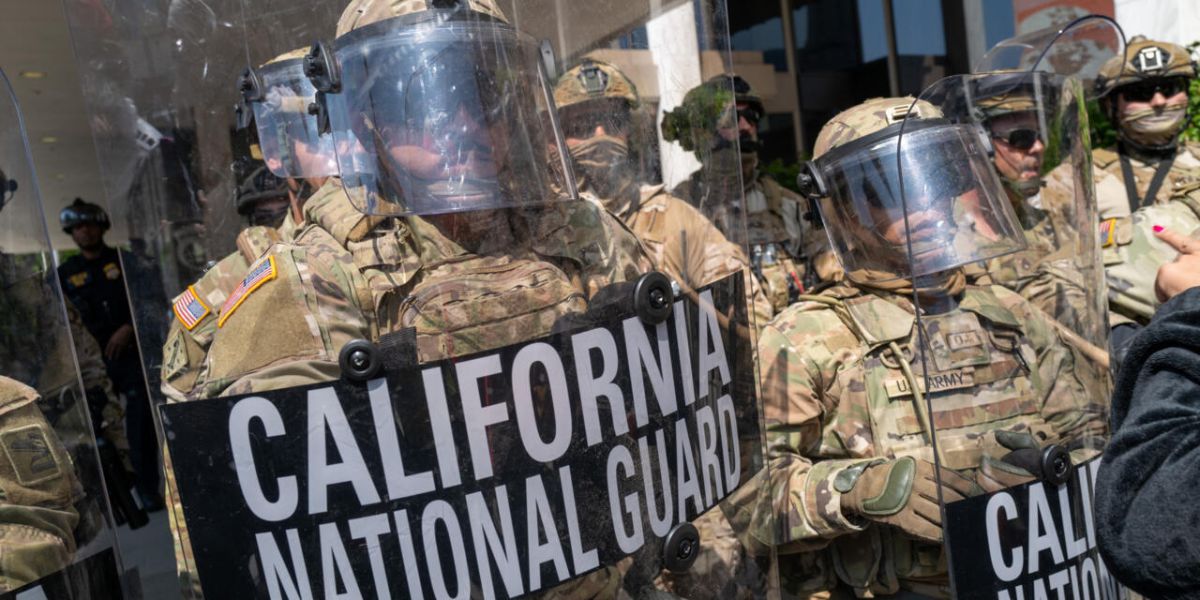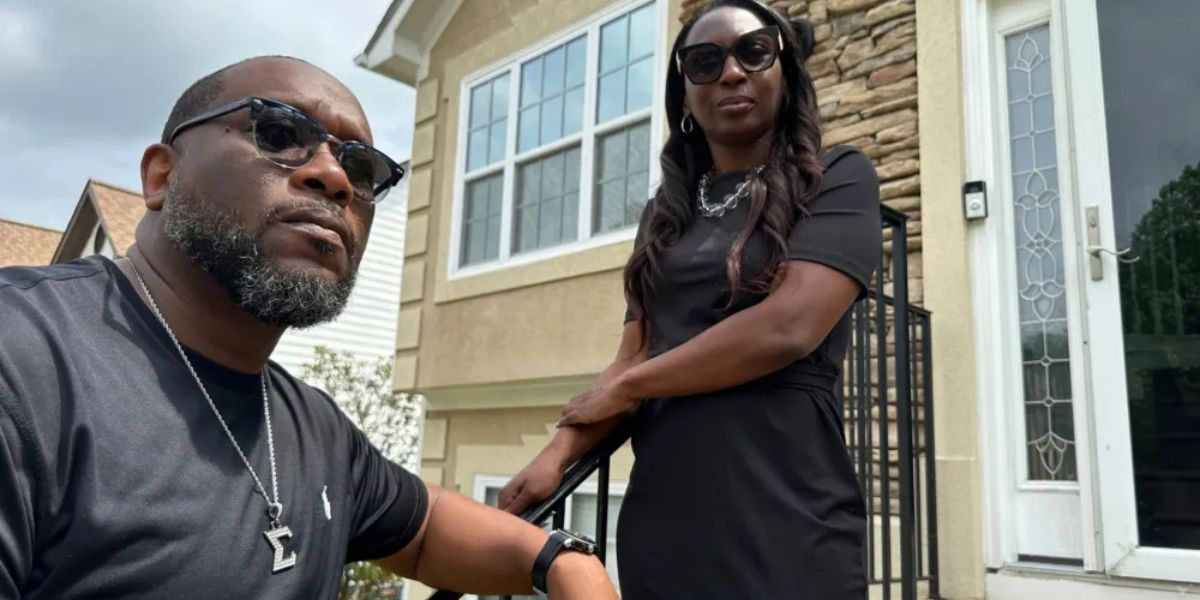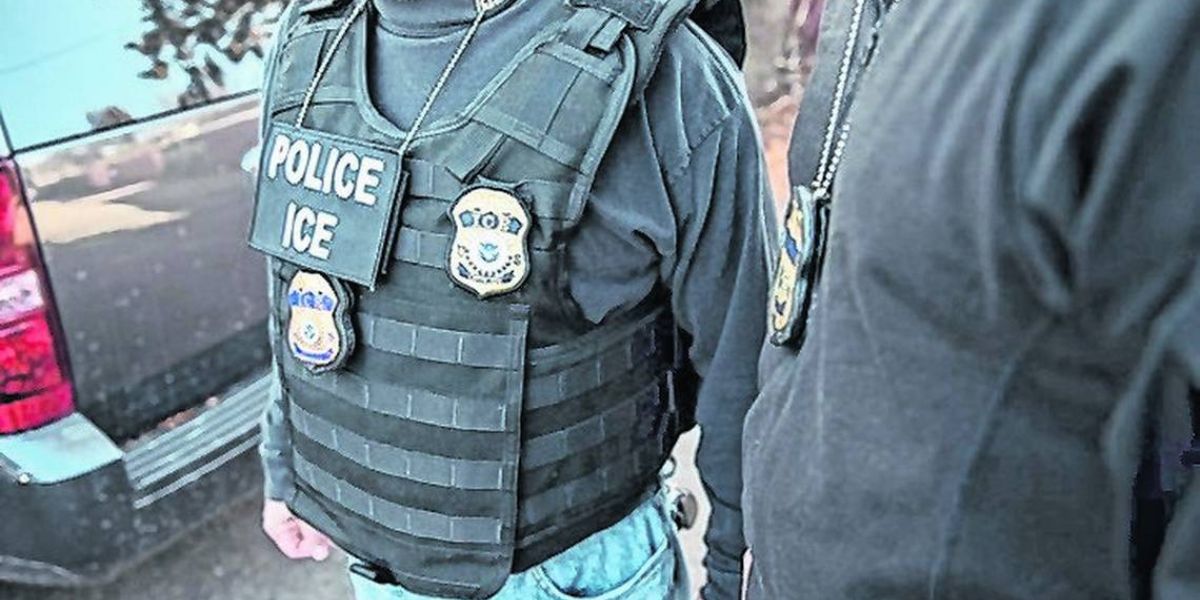California seeks emergency restraining order as administration defends use of troops as essential for public safety and immigration enforcement
LOS ANGELES — The Trump administration defended its controversial deployment of thousands of military troops to Los Angeles in federal court Wednesday, arguing that any attempt to halt the operation would endanger immigration agents and undermine presidential authority to enforce federal law and secure American cities.
The legal battle, now before U.S. District Judge Charles R. Breyer, was sparked by California’s emergency request for a temporary restraining order filed Tuesday. The state is seeking to block President Donald Trump and Defense Secretary Pete Hegseth from deploying state National Guard troops and U.S. Marines to Los Angeles — a move made without approval from Gov. Gavin Newsom or city officials.
Trump’s attorneys struck a combative tone in their response, calling California’s legal filing a “crass political stunt endangering American lives.” The brief stated that halting troop activity would prevent the president from exercising his lawful constitutional powers under both the Commander-in-Chief Clause and statutory authorities meant to protect federal personnel and facilities.
“There is no rioters’ veto to enforcement of federal law,” the administration’s attorneys wrote, insisting the president is empowered to deploy military forces in response to violent protests targeting immigration operations.
Troops Deployed Amid Growing Protests, Clashes
The deployment follows several days of protests and unrest across Los Angeles, which escalated after federal immigration raids began Friday, leading to dozens of arrests. Demonstrators have clashed with law enforcement, burned U.S. flags, and accused the federal government of targeting immigrant communities.
According to a written declaration included in the federal filing, ICE Field Director Ernesto Santacruz Jr. described how agents came under attack during raids in the Garment District and near a Home Depot in Paramount. He cited doxxing of officers’ personal information and alleged that local police efforts were insufficient to control the crowds.
“Even with the LAPD, LASD, and CHP all engaged… the safety of local federal facilities and those conducting immigration enforcement requires additional manpower and resources,” Santacruz stated.
Footage shared on social media showed National Guard troops patrolling downtown, while flash-bang grenades and tear gas were deployed against crowds near federal buildings and ICE facilities.
Legal Pushback from California
California officials argue the deployments are unconstitutional, invoking both the 10th Amendment (protecting state sovereignty) and the Posse Comitatus Act, which limits military involvement in domestic law enforcement.
“The federal government is turning the military against American citizens,” Gov. Newsom said during a press briefing Tuesday. “Trump is behaving like a tyrant, not a President.”
California Attorney General Rob Bonta, co-filer of the lawsuit, warned that the deployments risk “irreparable harm” and could result in military accompaniment during immigration raids, creating “a confrontational situation” on city streets.
The lawsuit also questions the timing of the deployments, which coincided with a planned military parade in Washington, D.C., raising alarms among civil liberties advocates and constitutional scholars, who argue the move mirrors tactics used by authoritarian regimes.
“Using federal troops to control domestic political dissent is an extraordinary measure,” said Dr. Elena Marquez, a constitutional law professor at UCLA. “Historically, this has been a red line — one that presidents should cross only in extreme, clear cases of necessity, and with state consent.”
National Implications Loom
As cities like San Francisco, Santa Ana, Atlanta, and New York also brace for or experience similar demonstrations, legal experts warn that the court’s decision in this case could set a significant precedent for the use of federal military power during civil unrest.
A hearing on California’s motion for a restraining order is expected within days.
Were you present at any of the protests or impacted by the military presence in Los Angeles? Share your experience in the comments below.




